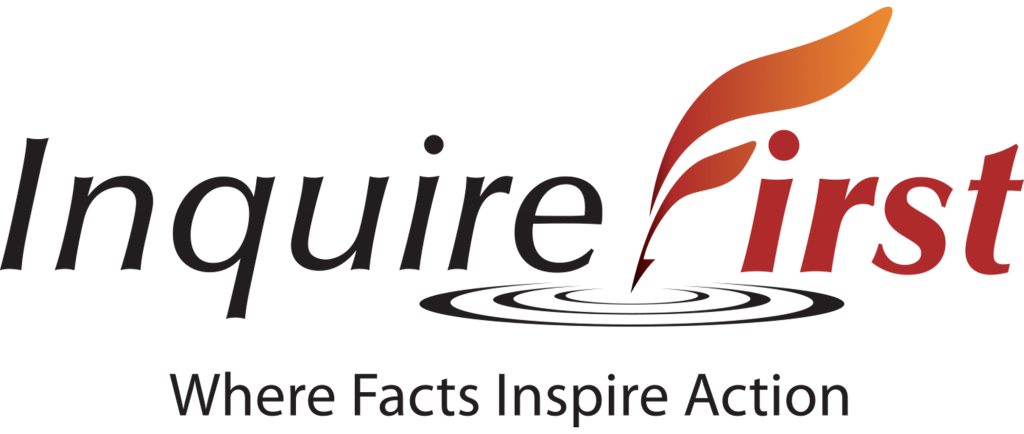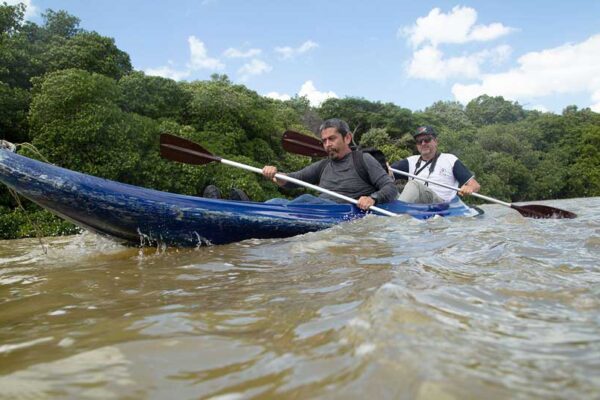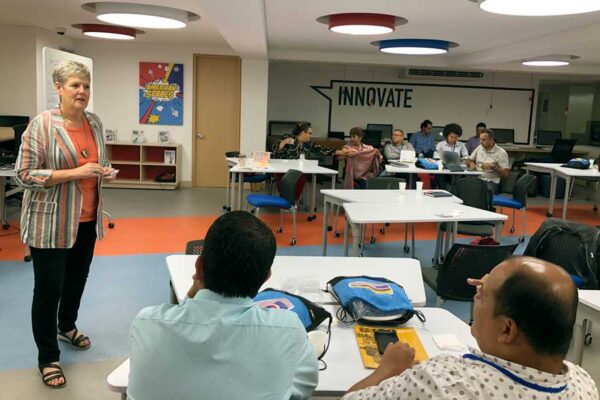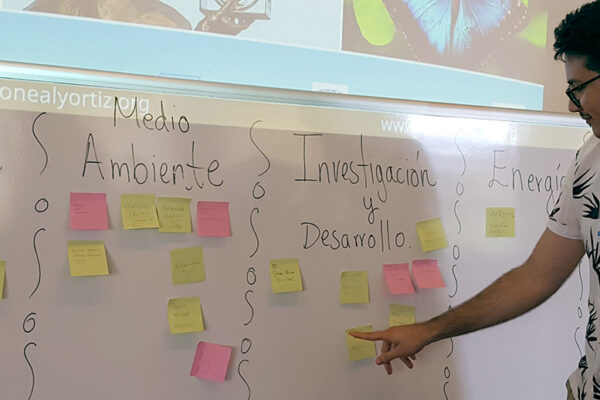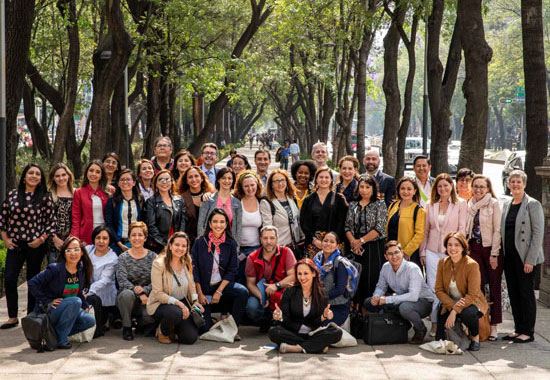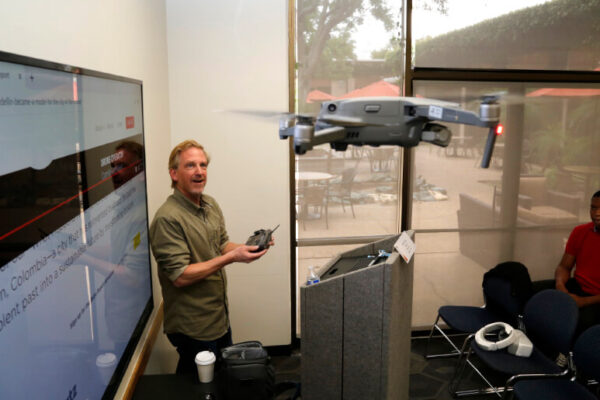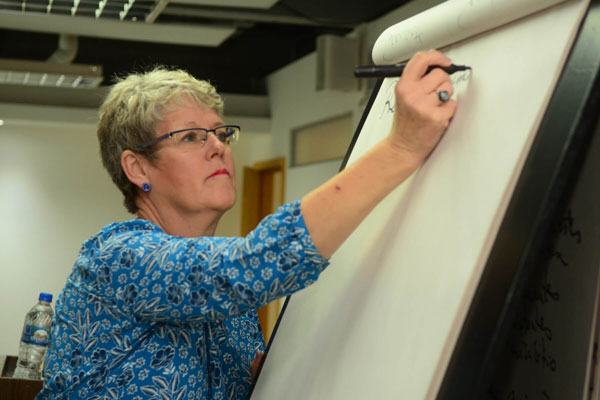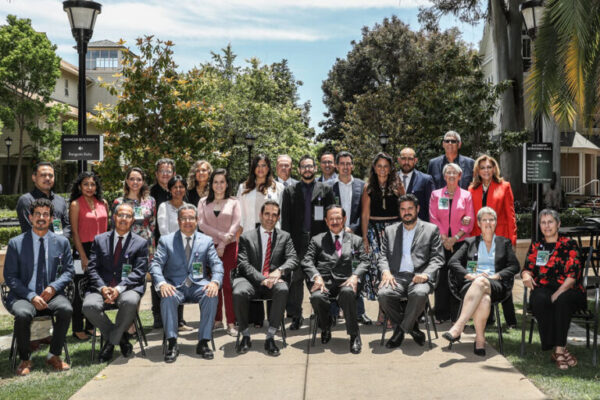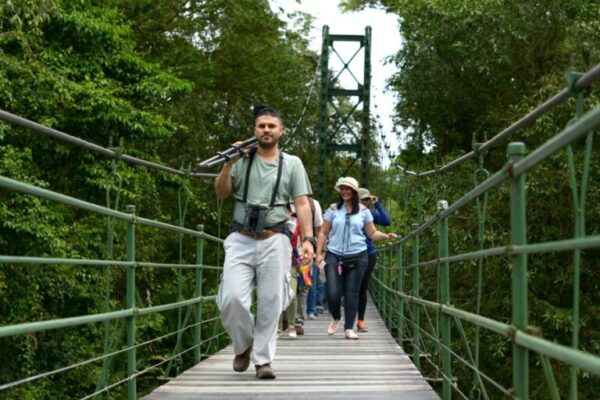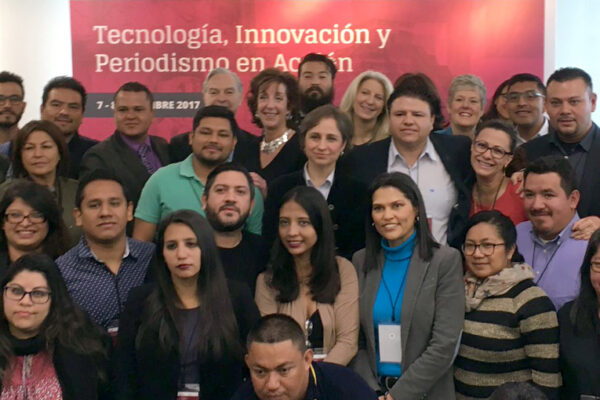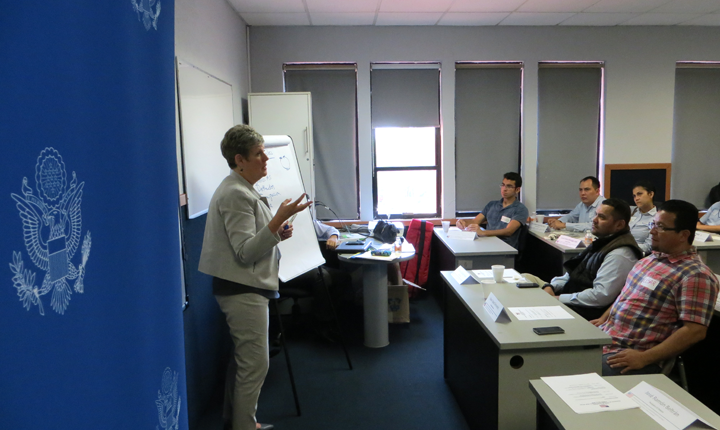
Journalist security is the focus of symposium in Culiacán, México
CULIACAN, México — Journalists are under seige in the northern Mexico state of Sinaloa, where notorious drug trafficker Joaquín “El Chapo” Guzmán Loera was captured in January after a fierce gun battle with soldiers.
Grenades have been hurled at El Debate, Culiacán’s largest-circulation newspaper. Gunmen have opened fire with AK-47s on the reception desk of Mazatlán office of the daily newspaper Noroeste. Journalists have been questioned at gunpoint. Some have disappeared. Others have been found dead.
In Sinaloa, a state described by a former governor as the “birthplace of drug trafficking in México,” InquireFirst Executive Director Lynne Walker led a two-day symposium on investigative journalism and journalist safety.
Walker conducted the Spanish-language symposium Feb. 23-24 at the invitation of the U.S. Consulate in Hermosillo and the U.S. Consulate in Tijuana. It was the first investigative journalism workshop held in Culiacán for reporters and editors working in Sinaloa’s major cities.
Investigative reporting teams from the state’s leading newspapers — El Debate and Noroeste — attended, some traveling from the cities of Los Mochis and Mazatlán. Also attending were journalists from local newspapers as well as students and professors from the Universidad Autónoma de Sinaloa, which hosted the program.
Walker worked with the investigative teams on tools and techniques for gaining access and finding sources. And she discussed interview techniques and organizing and writing an investigative story.
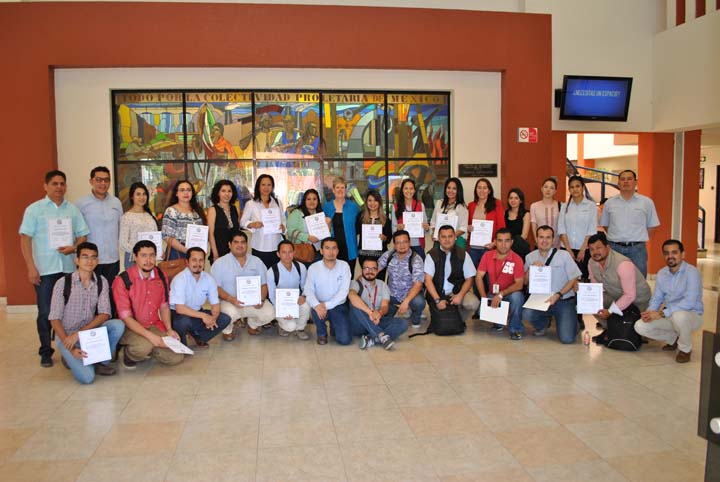
Walker also talked with journalists about protocols for protecting themselves and their colleagues while covering high-risk investigative stories.
“No story is worth your life,” Walker told them. “Each one of you knows the boundaries, the lines that cannot be crossed during your reporting. Do not cross those lines. We don’t want to mourn the loss of any more colleagues.”
Walker was a Latin América correspondent for Copley News Service for 15 years, covering México, Central América and Cuba from her base in México City. She was recognized with national and international journalism awards for her coverage, and in particular for her in-depth reports on organized crime and immigration.
